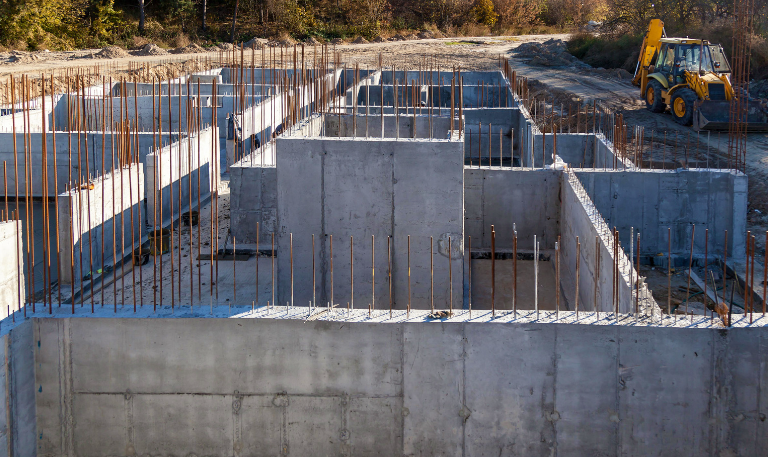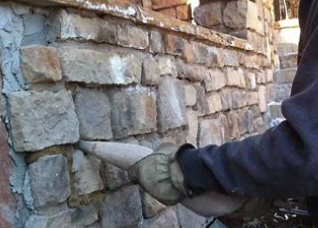The Ultimate Guide To Types Of Masonry Anchors
Exploring the realm of construction and DIY masonry projects reveals that one pivotal facet often underestimated is the selection of suitable masonry anchors. Whether readers are hanging heavy artwork or securing essential structural elements, understanding the different types of masonry anchors can significantly impact the stability and durability of their projects. This article highlights the importance of choosing the right anchors to ensure successful and long-lasting results.
Understanding Masonry Anchors
Masonry anchors represent a category of specialized fasteners that are meticulously engineered to provide secure attachment for a diverse range of objects onto various masonry surfaces such as brick, concrete, or stone. Their design intricately accounts for the unique properties of masonry materials, ensuring not only stability but also longevity in the attachment process. By utilizing mechanisms like expansion, gripping, or bonding, these anchors create a robust and dependable connection, serving as a reliable foundation for whatever is being installed.
Wedge Anchors
Wedge anchors stand out as one of the most favored options among various types of masonry anchors. Distinguished by their threaded stud with a tapered end, these anchors find their primary application in concrete settings. Upon installation, the unique design of the wedge anchor facilitates expansion, effectively creating a snug and secure fit within the concrete substrate.
This expansion mechanism results in remarkable holding power, ensuring the stability and reliability required for heavy-duty applications. From anchoring structural elements to concrete foundations to securing hefty machinery in place, wedge anchors emerge as the go-to choice for projects demanding robust and enduring fastening solutions.
Sleeve Anchors
Sleeve anchors, recognized interchangeably as expansion bolts, demonstrate their versatility as anchors adaptable to a diverse array of masonry materials. Comprising a threaded bolt enveloped by an expandable sleeve, these anchors offer a robust fastening solution. Upon installation, the sleeve undergoes expansion, effectively clasping onto the surrounding material with unwavering grip and security.
This distinctive feature renders sleeve anchors indispensable for a myriad of applications, from affixing handrails and shelving units to mounting light fixtures onto masonry surfaces. Whether tackling residential renovations or commercial construction projects, sleeve anchors prove their worth as reliable and multifunctional fasteners, ensuring stability and longevity in every installation.
Concrete Screws
Concrete screws also referred to as masonry screws or Tapcon® screws, offer a convenient and efficient alternative to traditional anchors. These screws feature specially designed threads that tap into the masonry material, creating a secure hold without the need for expansion mechanisms. Concrete screws are ideal for fastening wood, metal, or plastic fixtures to concrete, brick, or block walls.
Chemical Anchors
Chemical anchors provide unparalleled strength and reliability, making them suitable for heavy-duty and high-stress applications. Unlike mechanical anchors, chemical anchors rely on a chemical reaction between the adhesive and the masonry substrate to create a bond. Once cured, the adhesive forms a strong, permanent attachment. Chemical anchors are commonly used in seismic retrofitting, structural repairs, or attaching heavy machinery to concrete floors.
Choosing the right type of masonry anchor is essential for the success and longevity of your project. Whether you opt for the simplicity of concrete screws or the reliability of chemical anchors, understanding the characteristics and applications of each type will ensure a secure and durable installation. With our guide, you’re now equipped with the knowledge to select the perfect anchor for your next masonry project.

VP of Sales- Accessory DivisionMike Simon
Latest News

4 Ways To Reinforce Concrete
Concrete is one of the most fundamental materials used in construction. If you’re working on a domestic project or a […]

The Environmental Benefits Of Using Ready-Mix Concrete
The construction industry is changing quickly to meet the growing demand for sustainability and eco-friendly practices. One of the most […]

6 Essential Tips For Grouting Stone Veneer
Grouting stone veneer is an important step in the installation process that can significantly impact the overall look and durability […]

Should You Fill Hollow Concrete Blocks?
Hollow concrete blocks are widely used in construction due to their strength, versatility, and lighter weight compared to solid blocks. […]
